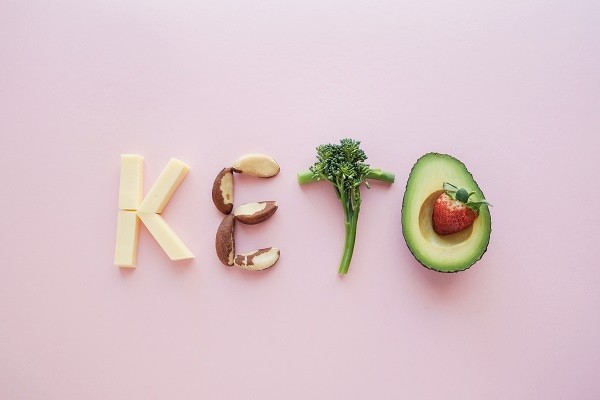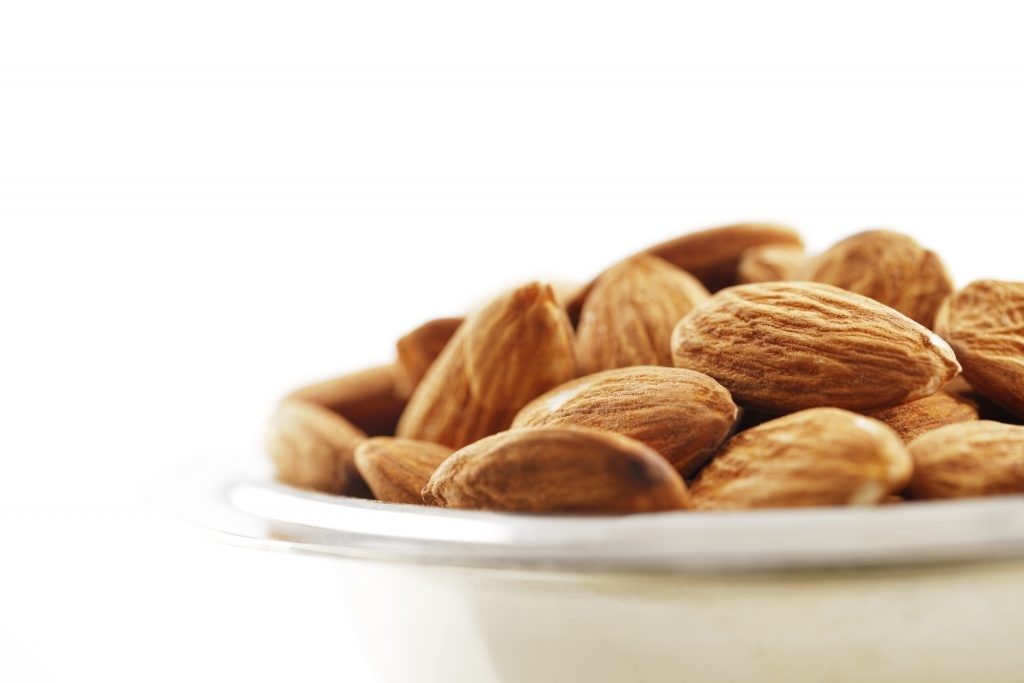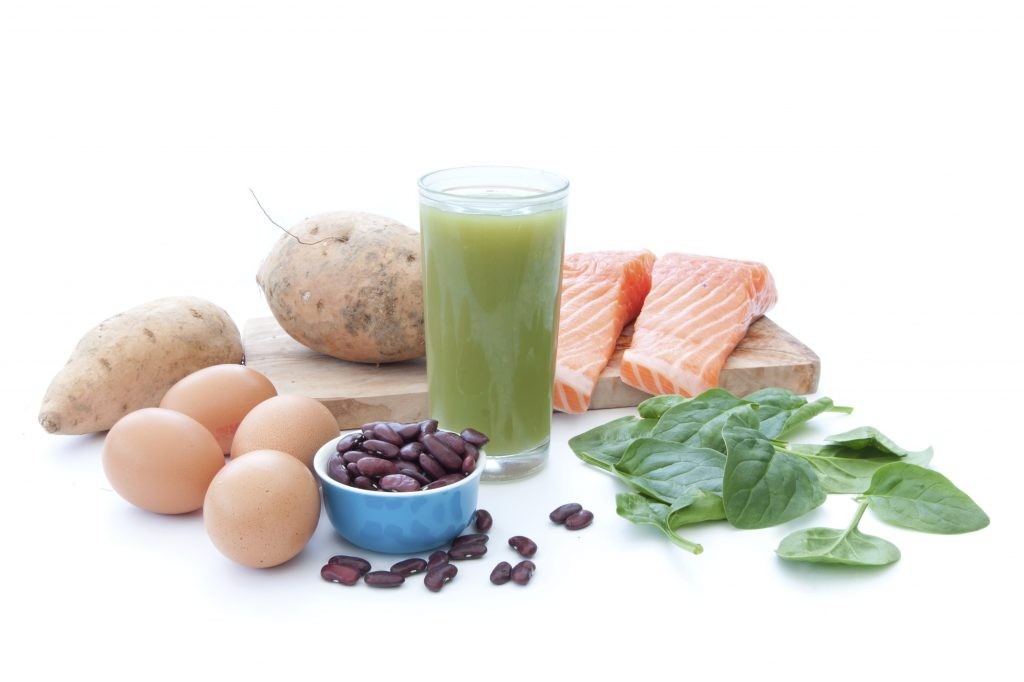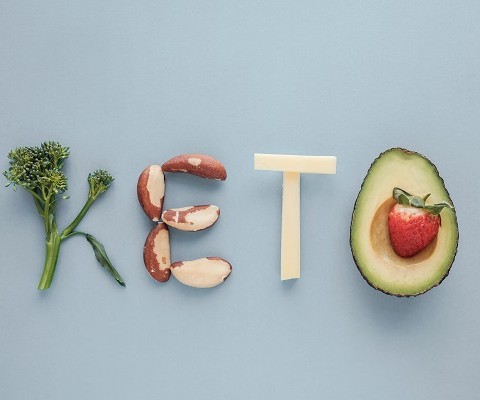In Depth Analysis of the Keto Diet

The Keto Diet in a nutshell (literally)

Generally, a keto diet follows a macro-nutrient breakdown of high fat, low carbohydrate and moderate protein.
The reason behind such a dramatic reduction in carbohydrate intake is ketosis. The whole keto diet is centred around the process of ketosis and trying to get the body into it. This major reduction in carbohydrates forces the body into ketosis, a metabolic state.
Ketosis occurs when your daily carbohydrate intake is 50-grams or less. Ketosis is a natural state in which the body converts fat into ketones, which are then used for energy instead of carbohydrates. Over time the body becomes very efficient at burning fat and supplies the body and brain with the energy it needs. Many dieters use test strips to see when their body is in a state of ketosis.
Ketogenic diets can cause massive reductions in blood sugar and specific hormones that are related to increased blood glucose levels (Source 1 and Source 2), which may be then beneficial for diabetics and pre-diabetics.
Professional athletes have tried the keto diet
Remember how LeBron James famously lost all that weight back in 2014? Well, apparently he took up the ketogenic diet and eliminated dairy, sugar and most carbohydrates from his diet for 67 days. He lost over 10kg and felt better than ever.
Dr Terry Wahls is a clinical professor of medicine at the University of Iowa. He has been studying the benefits of a keto diet on athletic performance.
Wahls says “Many athletes find ketogenic diets improve their athletic performance and the diets are being studied by more scientists for their health benefits — as treatment for cancer, dementia, ALS, metabolic syndrome, obesity diabetes and multiple sclerosis.”
Dr Jeff Volek, a dietitian and professor at Ohio State University, believes that ketosis has many benefits for athletes, particularly in enhancing recovery, mental clarity and cognition.
So perhaps following a high fat diet can be beneficial for athletes? Let’s see how this macro breakdown works.
How do keto dieters calculate their macros?

Basically, keto dieters work out their protein needs first — usually around 20 to 30 per cent of daily intake — and whatever is left over is to be filled by fats.
Carbohydrates are usually not even planned, but are likely to be filled by accidental carbohydrates in protein and fat sources and also from particular fruit and vegetables.
Although it may sound kind of crazy to almost totally cut carbohydrates from your diet, some health professionals swear by it. Professor Tim Noakes says that humans have no requirement for carbohydrates at all because once the body produces ketones, it can burn those fats as fuel just as easily as it used to with carbohydrates.
So, which fats should we be digging into?
Which fats are good fats on the keto diet?
All fats are not weighted the same and some can do more harm than good. Keto dieters should steer clear of refined fats and oils, which have been processed at high temperatures and especially trans fats which can contribute to weight gain and can increase the risk of stroke.
The pros of switching to the keto diet
The main advantage of sticking to a keto diet is fat loss. There have been many studies proving its ability to assist with weight loss and to decrease total cholesterol levels. It has also been said to suppress appetite.
Some researchers have also noted its ability to assist and modify neuro-degenerative disorders, such as Alzheimer’s and Parkinson’s.

The cons of a ketogenic diet
Sadly going keto can also have its pitfalls, especially during the initial adjustment stage where your body is still craving carbohydrates. Many people call this period of adjustment, the ‘keto flu’. You may feel tired, foggy, headachey and sluggish for several weeks as your body moves into ketosis.
There are some concerns around energy loss particularly for those high-level athletes, who need enough energy to be at their very best. One study noted that there needs to be adequate time given for the body to adapt energy levels to return to as they were previously during intense exercise.
It is also good to keep track of saturated fats. High fat foods that are low in carbohydrates and protein, like butter and coconut oil, are also high in saturated fats. These fats can lead to an increased risk of heart disease.
Is the keto diet right for me?
It depends entirely on you, your needs, goals and ability to play around with your diet. As a very restrictive diet, keto can be hard to maintain for a long period of time and would definitely take some getting used to. However, if you’re in need of a change, it may be something to consider.
Stay tuned for our next diet in the spotlight article next week on The Bulk Blog!
For more detailed information on the Keto Diet, check out this article.

Ellie’s an absolute copywriting boss from Hobart, Tasmania!
She's an amateur powerlifter who's crushed it in several competitions, and she's got all the keto knowledge to keep her fuelled up for her workouts.
One thing you'll always find in Ellie's pantry is a jar of peanut butter - she's obsessed.
More about Ellie HearnReferences:
- Cullingford, T., 2004. The ketogenic diet; fatty acids, fatty acid-activated receptors and neurological disorders. Prostaglandins, Leukotrienes and Essential Fatty Acids, [online] 70(3), pp.253-264. Available at: The ketogenic diet; fatty acids, fatty acid-activated receptors and neurological disorders. Prostaglandins, Leukotrienes and Essential Fatty Acids.Dashti, H. M, Al-Zaid, N., Mathew, T., Al-Mousawi, M., Talib, H., Asfar, S. and Behbahani, A., 2006. Long Term Effects of Ketogenic Diet in Obese Subjects with High Cholesterol Level. Molecular and Cellular Biochemistry, [online] 286(1-2), pp.1-9. Available at: Long Term Effects of Ketogenic Diet in Obese Subjects with High Cholesterol Level. Molecular and Cellular Biochemistry.
- Dashti, H. M., Mathew, T. C., Hussein, T., Asfar, S. K., Behbahani, A., Khoursheed, M. A., Al-Sayer, H. M., Bo-Abbas, Y. Y., & Al-Zaid, N. S. 2004. Long-term effects of a ketogenic diet in obese patients. Experimental and clinical cardiology, [online] 9(3), pp.200–205. Available at: Long-term effects of a ketogenic diet in obese patients. Experimental and clinical cardiology.
- Phinney, S., 2004. Ketogenic diets and physical performance. Nutrition & Metabolism, [online] 1(1), p.2. Available at: Ketogenic diets and physical performance. Nutrition & Metabolism.

















































